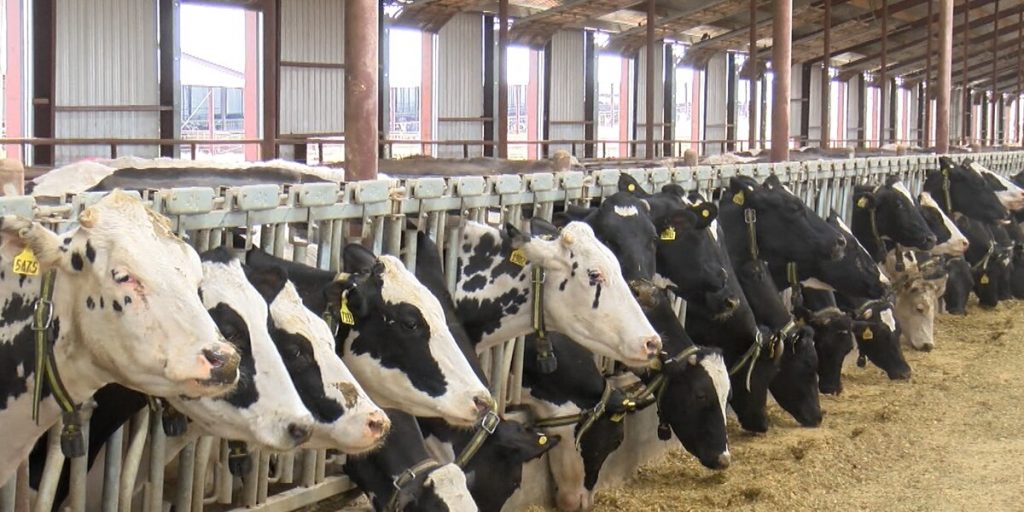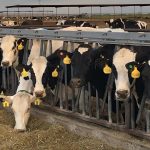
Now, think “climate change.” That image of a black-and-white “Bossy the Holstein” could soon be “Beefy the Angus.”
Dairy farmers have been hard-hit in recent times.
Fewer babies are being born, dampening demand for milk. The “Got Milk?” culture once made drinking milk so all-American that Nabisco marketed “Oreos and milk” as a catchphrase. But in Mexico, China, India, the Dominican Republic and the Philippines, drinking milk is not a cultural hallmark — and those countries were the chief countries of origin of last year’s one million legalized citizens or resident aliens.
So dairy farms have closed by the thousands in Pennsylvania. Remaining are 5,730 dairy farms with an average herd size of 80 cows. More than 99 percent of those farms are family-owned.
Ten years ago, there were close to 12,000 dairy farms in Pennsylvania.
Today, financially speaking, dairy farming is “the impossible industry,” said Jason Frye of Pleasant Lane Farms in Westmoreland County. “There’s no good reason anyone should be milking cows,” he told 100 Days in Appalachia, a West Virginia University news outlet.
Beef cattle are something else altogether.
With 13 million beef cattle, Texas (naturally) doubles feedlot-prone Nebraska and Kansas.
But beef cattle also thrive in the southeastern United States. Florida, Arkansas, Tennessee and Kentucky rank ahead of Pennsylvania, which is listed as having 1.5 million beef cattle last year, according to Beef2Live, an industry organization.
Dairy cattle must be milked every day, and require big milking barns with lots of technology. Beef cattle can make do in our recent winter weather with little more than lean-to shelter, provided food and water are ample.
Climate change can make Southern East Coast pastures more tropical and less desirable for animal feed. That “could stimulate a movement north” for beef production, the Penn State study predicts. Poultry poultry production, could also double in size as Pennsylvania warms, the study suggests.
The concentrated manure from dairy cattle held in milking barns leads to runoff pollution. Beef cattle on pasture for most of the year spread out manure and are likely to reduce runoff into the Chesapeake Bay watershed.
In a decade or so, a drive along rural roads in west-central Pennsylvania could reveal fewer black-and-white “Bossys”, more all-black Angus — and, perched nearby, “Cluck Norris”? That is the most popular current name for roosters, according to TheHipChick, which should know if anyone does.























